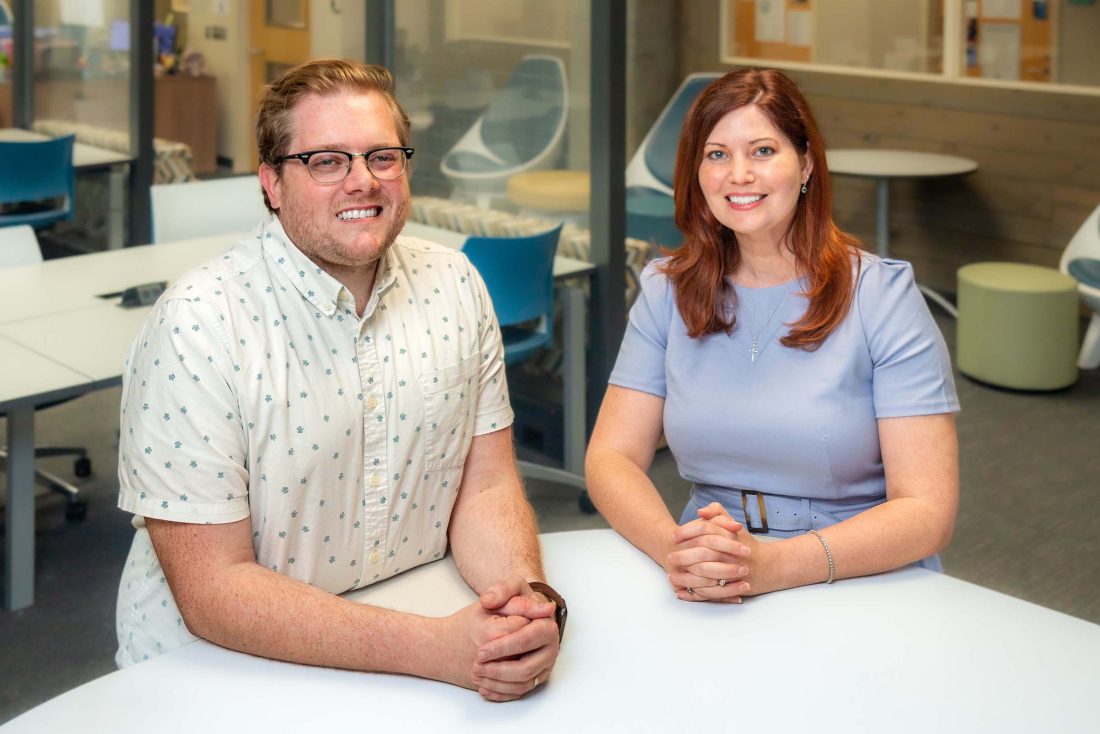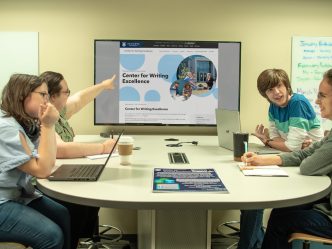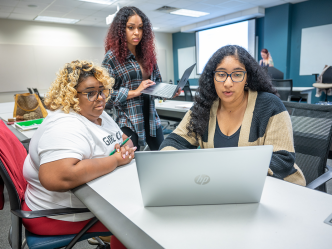Artificial intelligence has created a conundrum for higher education.
AI text generators, computer programs capable of efficiently producing quality written content, have raised questions about the possibilities, ethics and limits of the use of programs such as ChatGPT in higher education.
While artificial intelligence has been a part of our lives for a while — from Siri to chatbots to real-time autocorrect and predictive texts — increasingly sophisticated AI text generators have educators worried about how students might use, or misuse, these programs to write papers.
In this episode of Speaking of Higher Ed, Candis Bond, PhD, director of the Center for Writing Excellence at Augusta University, and James Garner, PhD, associate director of the Center for Writing Excellence, chat about why we teach writing in college and how these text generators might be used in the classroom.
They note that one of the main advantages of AI text generators is their ability to produce large amounts of content quickly and effectively to summarize information. Additionally, GPT-3 can be used to edit and structure text. However, there are limitations, including the fact that the model can generate biased or incorrect information and struggles to draw conclusions or insights the same way humans can.
Additionally, the AI model may attribute authorship incorrectly, potentially perpetuating authorship gaps by gender or race. Bond and Garner note that while AI text generators can be helpful for generating ideas and pushing oneself as a critical thinker, they should not be used as a substitute for the valuable skills and habits of a mind developed through the act of writing. Ultimately, the purpose of writing is not just to produce polished final products, but to teach people valuable skills that will be with them for life.
Wondering what AI text generators are capable of? You’ve just experienced it. The
second paragraph of this episode description was largely written by ChatGPT.
Listen now to the Speaking of Higher Ed podcast and find us online, on Facebook or
send us an email with your questions or suggestions. This podcast is produced by the Center for Instructional Innovation at Augusta University.
 Augusta University
Augusta University




